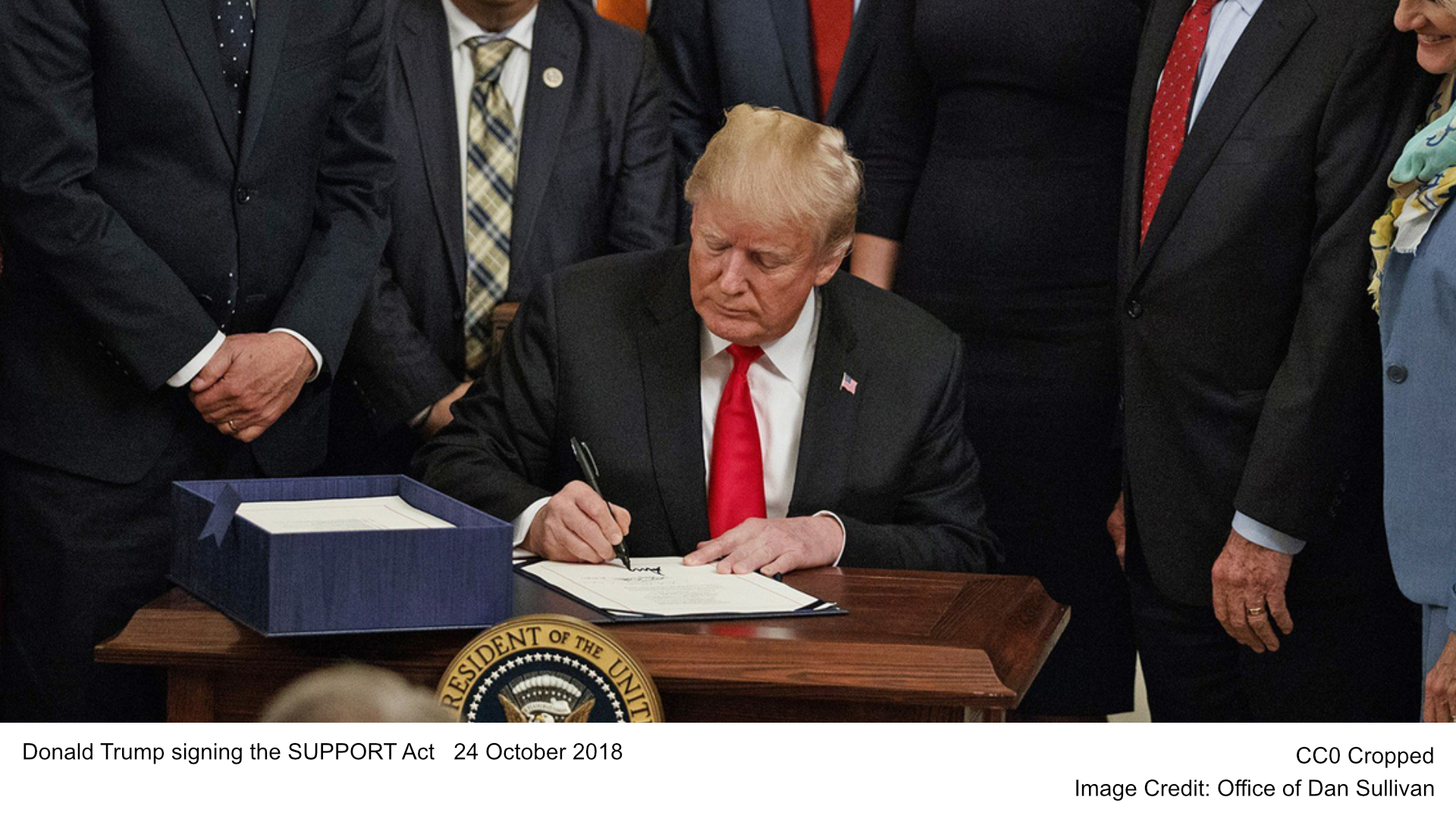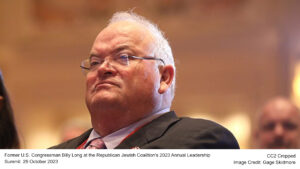President-elect Donald Trump has indicated he will “most likely” grant a 90-day extension to TikTok, delaying a U.S. ban that would otherwise take effect on Sunday. The controversial app, owned by China-based ByteDance, has faced scrutiny over its data security practices, leading to bipartisan legislation mandating its sale to a non-Chinese company or risk being banned nationwide.
Play Count: 2
- 90-Day Extension Likely: President-elect Donald Trump is expected to grant a 90-day extension delaying a U.S. TikTok ban, providing ByteDance additional time to divest its U.S. operations.
- National Security Concerns: Critics cite TikTok’s Chinese ownership as a risk for data misuse and propaganda, prompting bipartisan legislation requiring a sale to a non-Chinese company.
- Legal and Legislative Challenges: Courts have upheld the divestiture law, rejecting TikTok’s free speech claims, while a ban would penalize app stores and hosting services that support the platform.
- Economic Impact: Content creators and small businesses reliant on TikTok for income and outreach face significant disruptions, echoing similar bans in India that reshaped digital markets.
TikTok’s uncertain future reflects broader tensions between the U.S. and China over technology and data security. As the world’s most downloaded app in 2022, TikTok has become a flashpoint in debates about balancing innovation with safeguarding privacy. Similar bans in countries like India reshaped digital ecosystems, benefiting competitors like Meta and YouTube. A U.S. ban could create similar opportunities but at a high cost to creators and small businesses.
TikTok’s Uncertain Fate
TikTok has stated it may “go dark” on Sunday unless the Biden administration provides assurances against enforcement of the ban. However, White House Press Secretary Karine Jean-Pierre dismissed TikTok’s move as a “stunt,” emphasizing that enforcement will fall to the incoming administration. TikTok’s CEO Shou Zi Chew is expected to attend Trump’s inauguration, signaling continued engagement with the platform’s uncertain future.
The Supreme Court recently upheld the law, requiring ByteDance to divest its U.S. operations by January 19. ByteDance has resisted selling the platform, leaving its 170 million American users in limbo. National security concerns have fueled calls for action, with critics warning that TikTok’s Chinese ownership could allow data misuse or propaganda.
Legislative and Legal Backdrop
The legislation, passed last April, grants the president authority to issue a single 90-day extension if “significant progress” toward divestiture is demonstrated. Trump’s decision on the extension is expected Monday after his inauguration. A failure to comply with the law would result in fines for app stores and web-hosting services that support TikTok.
TikTok has argued that the ban violates free speech rights, a claim dismissed by the courts. Critics, however, remain divided. Advocates for the ban cite security risks, while others warn it undermines free expression.
Impact on Creators and Businesses
A potential ban has left content creators and small businesses scrambling. Many rely on TikTok for revenue and outreach, fearing significant losses if the app is shut down. Nicole Bloomgarden, a designer, noted, “TikTok indirectly makes up the majority of my income, as brands prioritize the platform.”
Historical Precedents and Global Context
The U.S. ban follows similar actions elsewhere. India banned TikTok in 2020, citing national security concerns, effectively ending access for 200 million users. Competing platforms like Instagram Reels and YouTube Shorts quickly filled the void, with Meta emerging as a significant beneficiary.







Be First to Comment